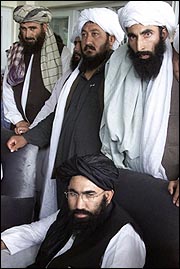nlgbbbblth
Well-Known Member
Audiodelic said:What about some of those short novels they used to make us read in school. Can't remember all of them, but I remember read Paddy Kavanagh's Tarry Flynn, Shadows on our Skin by Jennifer Johnson (if you want to pick Irish authors), Steinbeck's The Pearl, Animal Farm, etc.
The modern movels they were called when I was doing the Leaving.
Option C in the fiction section. Always a general question. Best avoided.
John Steinbeck - The Pearl, F Scott Fitzgerald - The Great Gatsby, L.P. Hartley - The Shrimp And The Anemone, Ernest Hemingway - The Old Man And The Sea, George Orwell - Animal Farm, Evelyn Waugh - A Handful Of Dust, James Stephens - The Charwoman's Daughter, William Golding - The Lord Of The Flies, Francis MacManus - The Greatest Of These
